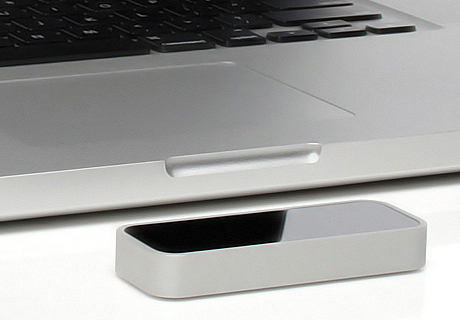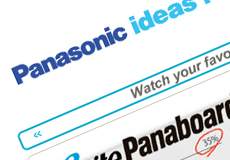By
emeadowsJanuary 31, 2013
Microsoft released its newest version of Office this week with radical changes including a new subscription-based pricing model, automatic year-round updates and close tie-ins to the cloud. Documents can be saved to Microsoft’s SkyDrive, an effort to compete with products like Google Drive, giving users the chance to store and share with remote access. Continue reading Positive Review for Radically Changed Microsoft Office 365
By
ETCentricJanuary 15, 2013
According to new numbers from IDC, worldwide PC shipments were down 6.4 percent in the fourth quarter of 2012, compared to numbers from one year earlier. The drop was worse than IDC’s originally predicted 4.4 percent drop, suggesting that even the anticipated release of the Windows 8 operating system could not rescue the slumping PC industry. Continue reading Impact of Tablets: PC Market Suffers Holiday Season Slump
By
Rob ScottDecember 20, 2012
Antonio Piraino, chief technology officer at ScienceLogic, offers his predictions regarding the future of cloud computing in a Forbes guest post. The cloud has become a major buzzword in the last year and its strategies have provided companies with many benefits related to budgets, products and applications. “However, despite the fact that companies have begun to embrace the cloud and move toward serious implementations, we are in the midst of a rapidly changing market,” suggests Piraino. Continue reading Cloud Computing: Predictions That Impact Business and Consumers





